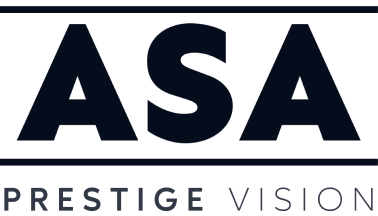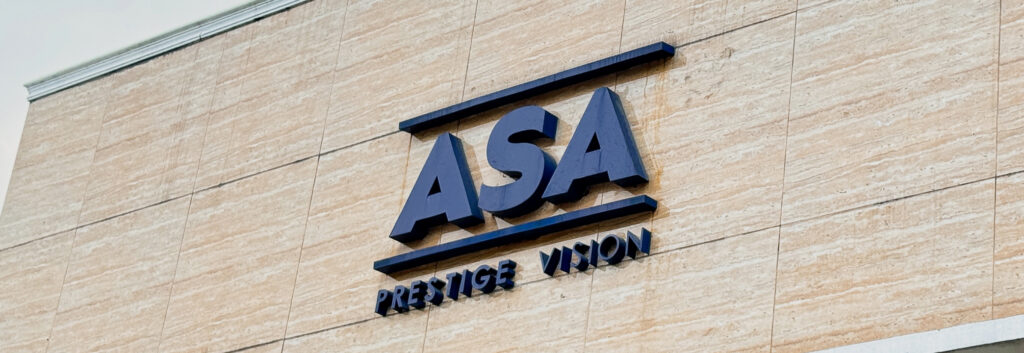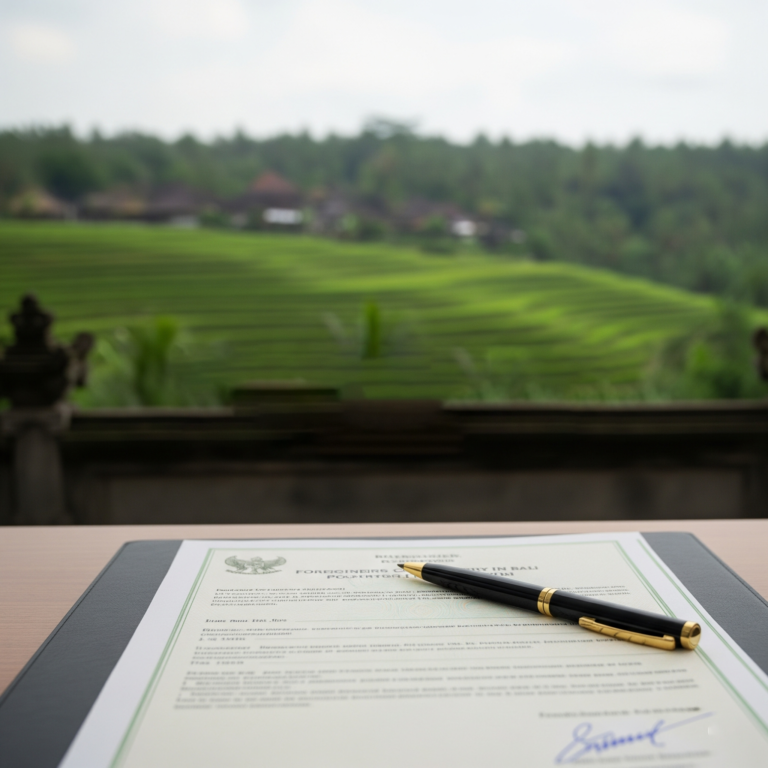Padel, with its dynamic rallies and strategic wall play, has captivated enthusiasts worldwide. Building a padel court is a significant investment, promising thrilling matches and a vibrant community. Yet, beneath the excitement lies a crucial decision that can profoundly impact the court’s safety, playability, and your long-term budget: the type of glass used for the walls. While there may be some initial savings in going with non-tempered glass, our experience suggests this may expose players to significant safety risks that can lead to costly mistakes down the line. we’ve seen firsthand how cutting corners on glass quality can turn a promising investment into a regrettable liability.
Understanding the Foundation: Tempered vs. Non-Tempered Glass
To understand the risks, it is critically important to understand the basic difference between each of two types of glass that are typically contemplated for use on padel courts:
- Tempered Glass: This is a type of safety glass processed by controlled thermal or chemical treatments to increase its strength compared to normal glass. When tempered glass breaks, it shatters into small, relatively harmless, blunt pieces. This dramatically reduces the risk of serious injury. It’s the standard for safety where human impact is a concern, such as car windows, shower doors, and, crucially, padel courts.
- Non-Tempered (Annealed) Glass: This is the glass you use every day in life. This product is made by slowly cooling molten glass which results in a product that is much weaker than tempered glass. When non-tempered glass breaks, it fractures into large, sharp, jagged shards. This characteristic makes it exceptionally dangerous in environments where high-speed impacts or human contact are expected.
The ability of the these materials to perform differently under stress is critical for a sport like padel, where balls fly at high speeds and players frequently collide with the walls.
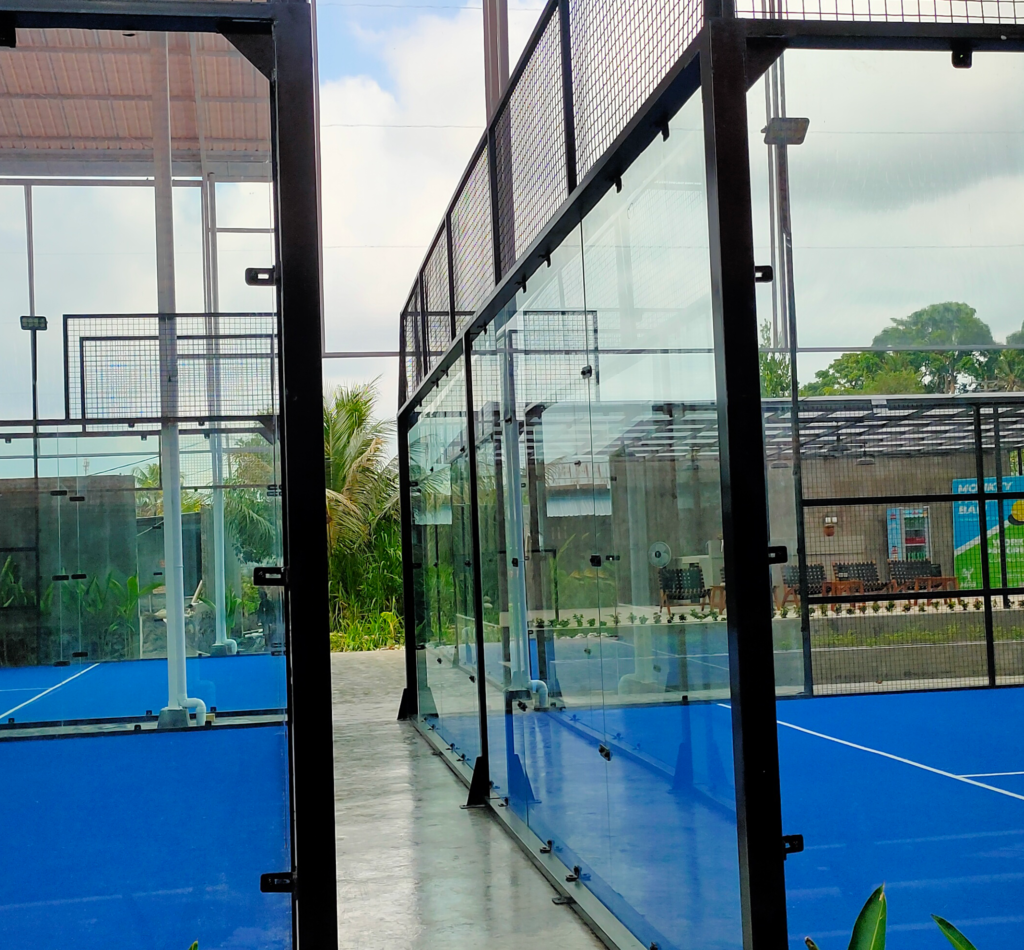
The Core Risks: Why Non-Tempered Glass is a Risky Bet
Opting for non-tempered glass in your padel court construction is a gamble with severe consequences. Here are the major risks you simply cannot afford to ignore:
Major Safety Hazard: Shattering into Dangerous Shards
This is the most critical and alarming risk. When non-tempered glass breaks, it explodes into essentially large, razor-like shards. In a padel court environment, where players are moving rapidly and balls are hitting the wall with force, an impact can cause the non-temperd glass to explode. These sharp shards become instant projectiles, posing an immediate and severe threat of deep lacerations, punctures, and other serious injuries to players, coaches, or even spectators nearby. Beyond the immediate physical harm, court owners could face significant legal liabilities and reputational damage.
Inconsistent Ball Rebound and Unpredictable Play
The integrity and surface consistency of the glass walls affect the game itself. Non-tempered glass is more likely to have imperfections and or inconsistencies that can lead to erratic, unpredictable ball rebounds. Imagine a ball hitting a “dead spot” or bouncing off at an odd angle. That can totally change the flow of the game. The players will not be able to anticipate shots which will result in frustrating rallies and an unsatisfactory playing experience. For serious players, or those looking to improve, an inconsistent court can be a major deterrent.
Reduced Durability and Shorter Lifespan
Padel courts, especially in dynamic climates like Bali, will experience a great deal of wear and tear, they will deal with different weather patterns, temperature fluctuations, and repetitive impact. Non-tempered glass will be much more susceptible to wear and tear, it will be more likely to chip or crack and it will likely shatter more often. This means your court will likely require frequent repairs and, ultimately, an earlier full replacement of the glass panels. What seems like an initial saving quickly escalates into ongoing maintenance headaches.
Higher Long-Term Costs: The “Hidden” Expense
The perceived savings from a non-tempered glass use initially is a false illusion. The true “cost” emerges over time. Factor in:
- You will have the cost of continually replacing broken panels.
- Labor cost of repairs/installations.
- The cost of possible medical expenses or liability costs if an injury should occur.
- Loss of revenue due to court down time because of repair time.
- A negative impact on your reputation with can affect bookings and memberships.
When you consider these hidden costs, the “cheaper” option is the most expensive mistake to make.
Failure to Meet International Standards & Loss of Credibility
Reputable padel organizations, such as the International Padel Federation (FIP), explicitly mandate the use of tempered glass due to its superior safety and performance characteristics. By building a court using non-tempered glass means that your facility will almost certainly not be up to Standard and you will have no possibility to run official tournaments, professional players will not be interested (or they will refuse to play), and you will lose enormous credibility with the international padel community. You are essentially signalling to the community that you do not care about safety or quality.
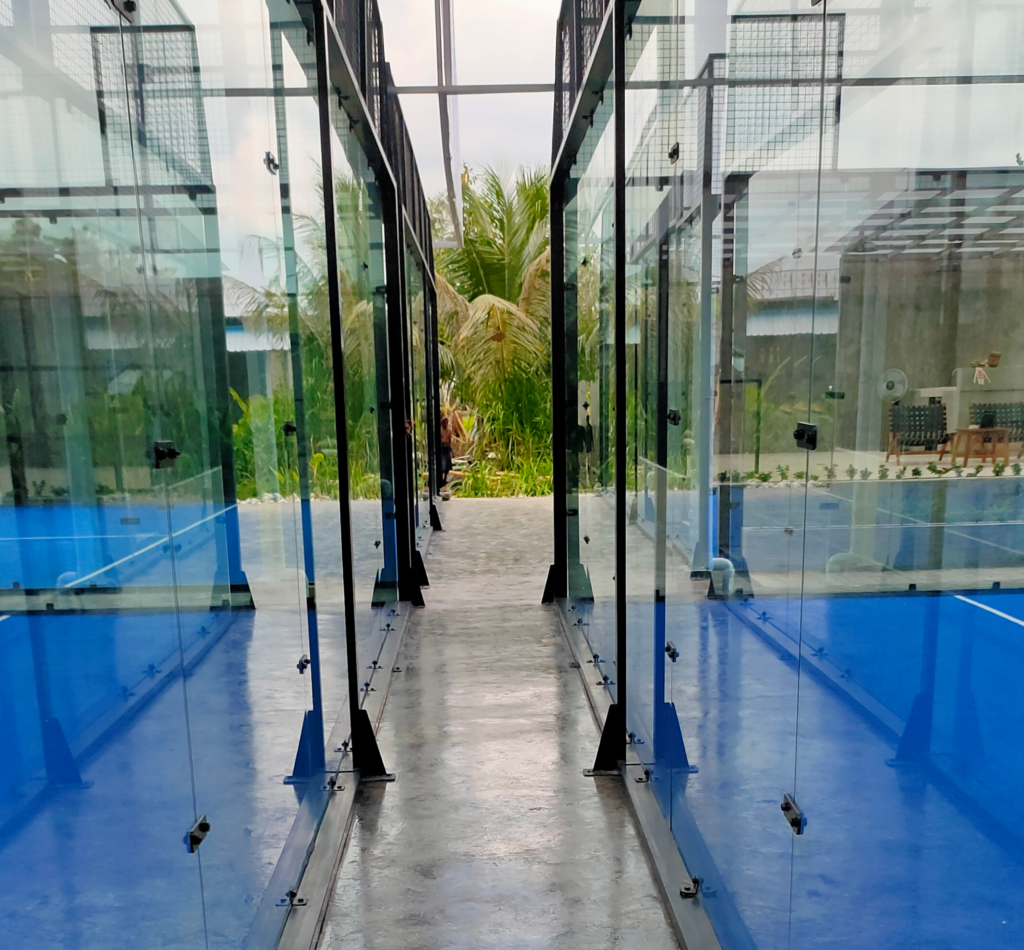
The Smart Investment: Why Tempered Glass is the Only Choice
With the serious risks and hidden costs of non-tempered glass, it’s obvious a tempered glass solution is not just a choice, it’s the only responsible option for a professional and safe padel court. Investing in tempered glass ensures:
- Uncompromised Safety: Provides superior protection against severe injuries, offering peace of mind for players and owners alike.
- Optimal Playability: Guarantees consistent and predictable ball rebounds, enhancing the strategic depth and enjoyment of every match.
- Long-Term Durability & Value: Withstands the rigors of intense play and environmental factors, protecting your investment and minimizing future repair costs.
- Full Compliance & Enhanced Reputation: Meets all international safety and playability standards, boosting your facility’s credibility and attracting a wider range of players and events.
Why Choose ASA Group Indonesia for Your Padel Court
At ASA Group Indonesia, our decade of specialized experience in padel court construction means we understand every intricate detail, especially the critical role of material quality. We operate from Bali, building high-performance courts across the region. Our commitment is unwavering: we rigorously adhere to FIP regulations and exclusively use premium-grade tempered glass in all our constructions.
We believe in building courts that prioritize player safety, ensure optimal game performance, and provide lasting value for our clients. By partnering with us, you’re not just getting a court; you’re securing a meticulously crafted facility that stands the test of time and delivers peace of mind, knowing your investment is sound and your players are safe.
Conclusion: Your Padel Court Deserves the Best
The choice of glass for your padel court walls is a foundational decision impacting safety, play, and your long-term financial health. The inherent risks of non-tempered glass far outweigh any perceived initial savings, leading to potential harm, inconsistent gameplay, and unexpected costs.
By choosing high-quality tempered glass, you’re making a proactive and smart investment that guarantees a safe, enjoyable, and compliant playing environment, protecting both your players and your investment. Don’t compromise on what matters most.
Ready to build a world-class padel court that stands strong and safe? Contact ASA Group Indonesia today for a consultation and let our expertise guide your project to success.

